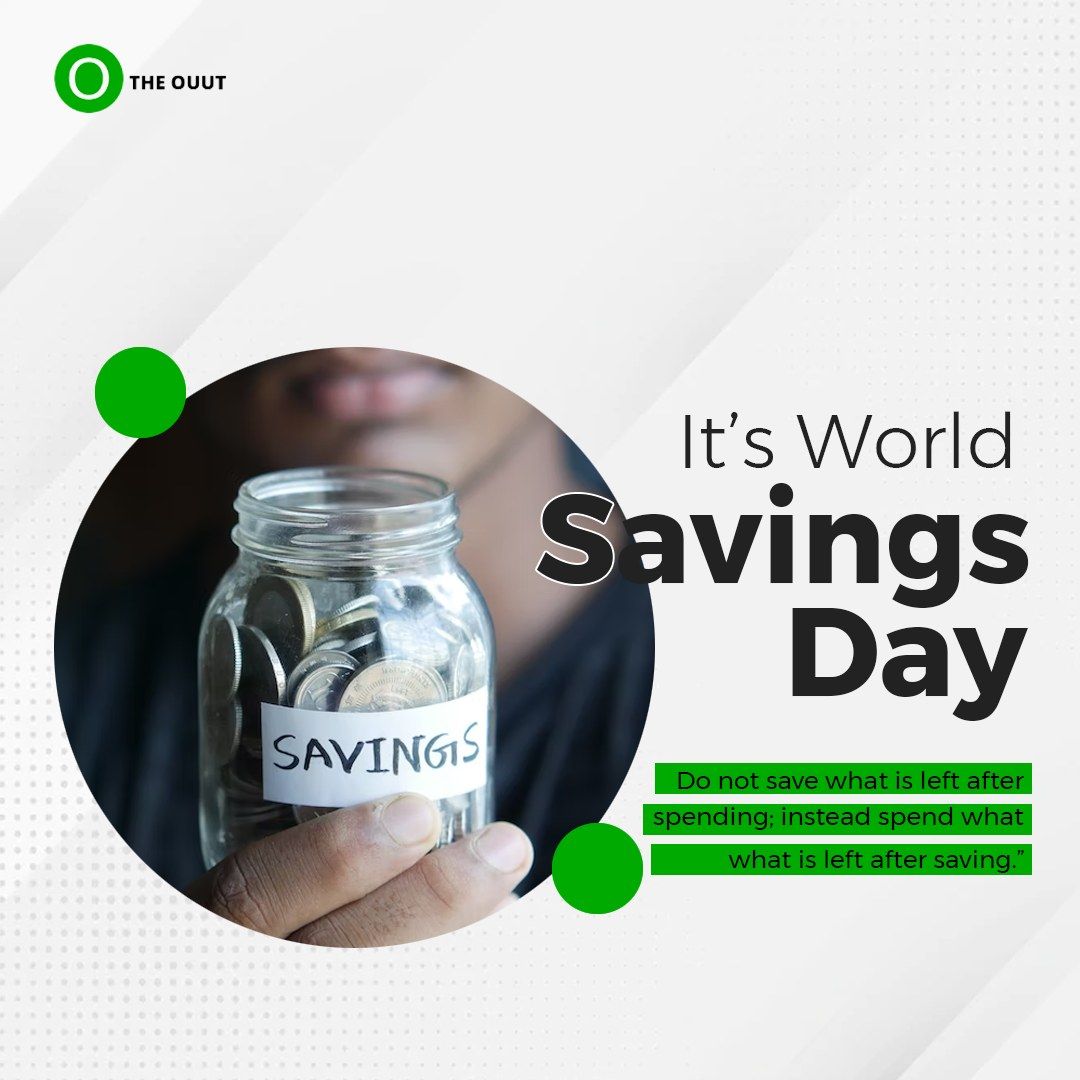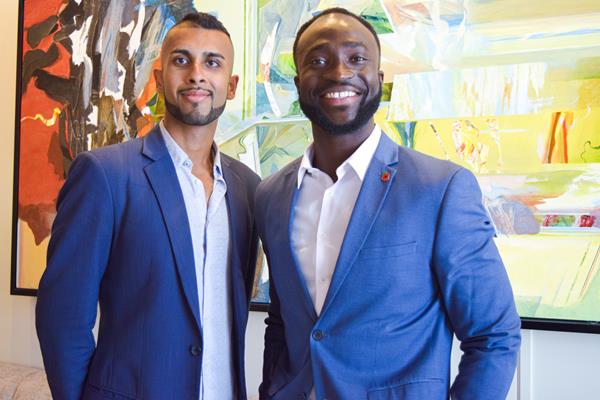The Ouut Spotlights Startups Improving the Saving Culture of Africans

Becoming financially responsible is a goal people all over the world struggle with. Whether they belong to the informal class, earning very little to carter for their needs or the formal class earning enough to be financially spontaneous. While traditional banks have lacked the depth needed to curb the temptations to spend every penny of the disposable income, Fintech solutions have enabled rigidly flexible solutions to improve the saving culture of Africans.
It is well known that residing in Africa can be challenging. According to UNDP, sub-Saharan Africa’s Burkina Faso, Ghana, Kenya, Rwanda, and Sudan are seeing the worst consequences of the current crisis on all indices of poverty. Because of this, our cost of living constantly seems to rise a little bit faster than our income. A portion of that revenue should always be set aside for emergencies and our own objectives. But to save, you need both willpower and a bank account. Placing the money in a separate savings account frequently prevents us from succumbing to the temptation to squander our intended savings.
Unfortunately, major financial resources in Africa are now not passing via the formal financial system and are instead held by the continent’s sizable informal sector. Accounting for such informal savings would increase the level of savings in the country and create opportunities to tap into informal sources of credit.
Around 1.4 billion adults in the world still have no access to banking and have to either keep their money as hard cash or resort to other methods. Of these 1.4 billion individuals, over half are present in just India, Bangladesh, Egypt and Nigeria alone. On World Savings Day today, the Ouut spotlights startups helping to improve the savings culture if Africans.
Esusu
Esusu is a fintech platform focused on helping individuals save money and build credit. It simplifies and automates thrift savings, collection, microcredit, it and financial inclusion on the continent. It attained a unicorn status early this year after raising $130 million in a Series B round led by SoftBank Vision Fund 2, having closed a $10 million Series A funding round, led by Motley Fool Ventures with Investment from Serena Williams’ Serena Ventures.

According to founders, Abbey Wemimo and Samir Goel, Esusu has a 600% year-over-year growth rate. Over 2.5 million homes currently use its service, representing over $3 billion in Gross Lease Volume (GLV) across the U.S., up from 2 million homes and more than $2.4 billion in Gross Lease Value the company reported six months ago.
Zywa
Alok Kumar and Nuha Hashem founded Zywa in 2021, inspired by their personal experiences in the Gulf region, where they primarily used cash or their parent’s credit cards to make payments. They created Zywa as a social banking app and prepaid card to allow Gen Z (people aged 11 to 25) to receive money, manage it, and make payments.
Zywa is adding community-based value-add services, such as a platform it is developing within the app to allow users to apply for internships at Zywa and partner startups, as a strategy to encourage users to start earning early. In addition, it has gamified finance to reward those who save, budget, and invest their money.
PiggyVest
PiggyVest launched in 2016 by Joshua Chibueze, Somto Ifezue, and Odunayo Eweniyi. Joshua Chibueze had revealed that the inspiration for starting the company was from a tweet shared by someone who saved N1000 every day in a saving box. Adopting the model of a traditional kolo or saving box, it developed a digitalized savings-only platform that helped users to save N21 million in the first year.
PiggyVest, announced on January 1st, 2022 via its newsletter that it successfully paid out over N242 billion ($585 million) in 2021 to customers. The payout for 2021 doubles in comparison to 2020, which was announced to have amounted to N90 million.
Cashlet
Cashlet is a Kenyan Fintech helping users achieve their financial goals through a micro-saving and investments platform that allows users to start with as little as KES500 (US$5). The startup is regulated as part of the Fintech Sandbox of Kenya’s Capital Markets Authority (CMA), offering access to investment products managed by ICEA Lion Asset Management, Old Mutual Investment Group and Genghis Capital.
According to Tom Osebe, perceived requirement for large minimum deposits in order to get started; a lack of convenience; limited financial literacy; and the low returns provided by financial institutions, especially banks are the reasons behind the low rate of savings and investments in the region. This is what Cashlet is trying to solve.
Alat
The WEMA Bank-owned FINTECH company boasts as Nigeria’s First Digital Bank, having launched in May 2017. It enables you set a saving Goal and after which you earn 10% interest of the amount saved per annum.
It also gifts N10000 to users who get 10 friends to register and deposit at least a token of N500 each. You get issued a debit card like you do with a regular bank, though you can forgo the option till you’re fully familiar with the saving habit. The Wema Bank’s hugely popular banking app has however been raking series of underwhelming reviews about its service for some time now.
